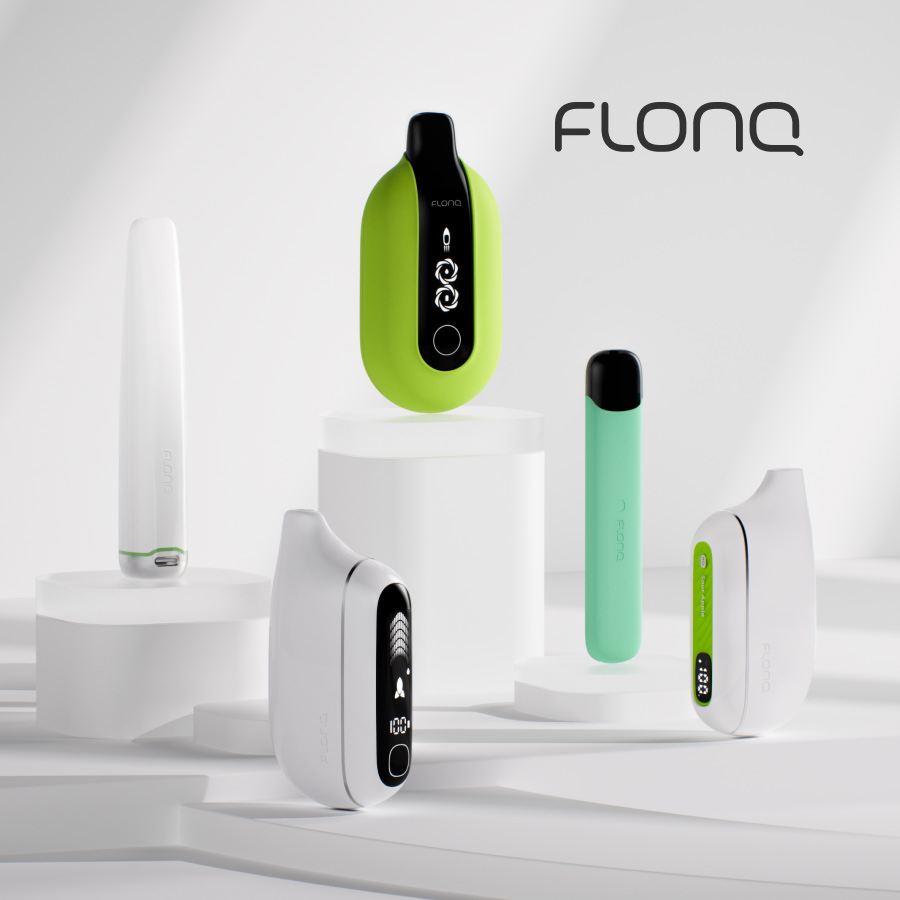Massachusetts Flavor Ban Boosting Neighbor State Sales
- Flavors News This Week
- January 17, 2021
- 4 minutes read

Credit: Ruben Bagues
A tobacco flavor ban that includes vaping products has cost the state of Massachusetts nearly $75 billion in taxes. According to a study by the New England Convenience Store and Energy Marketers Association (NECSEMA), excise tax lost income in Massachusetts from selling fewer menthol cigarettes alone amounted to $62 million in the first six months of the ban. No specific figures were given for electronic nicotine delivery systems in the release.

That loss also simply transferred to Massachusetts’ neighboring states. Cigarettes excise tax stamp sales dropped 23.9 percent in Massachusetts while New Hampshire gained $28,574,340 or 29.7 percent. Rhode Island gained $12,100,000 or 18.2 percent in excise taxes.
The estimated Massachusetts loss including the sales tax is $73,008,000 while Rhode Island saw a gain of $14,066,740.
“With every month that passes, the state’s ban on flavored tobacco becomes increasingly absurd,” said Jonathan Shaer, executive director of NECSEMA. “All anyone needs to do is look at the excise tax stamp numbers from June through November to understand how ineffective and ridiculous this ban is. Rhode Island and New Hampshire have combined to sell 18.9 million more stamps than they did over the same period in 2019 while Massachusetts has sold 17.7 million fewer. Indisputably, menthol cigarettes are purchased in neighboring states and then brought back into Massachusetts for personal consumption or illicit market sales.”
NECSEMA opposed the flavored tobacco ban in 2019 when it was first presented, and continues to monitor sales data to demonstrate the failure of the law and the wrongful impact to its members. The association represents both chain and independent convenience store owners, including many in urban communities that NECSEMA states are being disproportionately affected by the flavor ban ban.
According to the National Association of Convenience Stores (NACS), there are 3,360 convenience stores in Massachusetts with 54,000-plus employees accounting for $17 billion in sales annually. Over 89 percent of legal cigarette sales occurring at convenience stores.
“I challenge anyone to demonstrate how this ban has been effective,” Shaer said. “New Hampshire and Rhode Island imports have replaced sales once made in Massachusetts by licensed retailers. In fact, the latest data shows an uptick in cigarette sales when you combine the increases for non-flavored cigarettes in Massachusetts with total cigarette sales gains in New Hampshire and Rhode Island. Massachusetts small businesses have lost, the Massachusetts budget has lost, public health has lost, and youth who this law was allegedly intended to protect have lost since prevention revenue has greatly diminished.”
